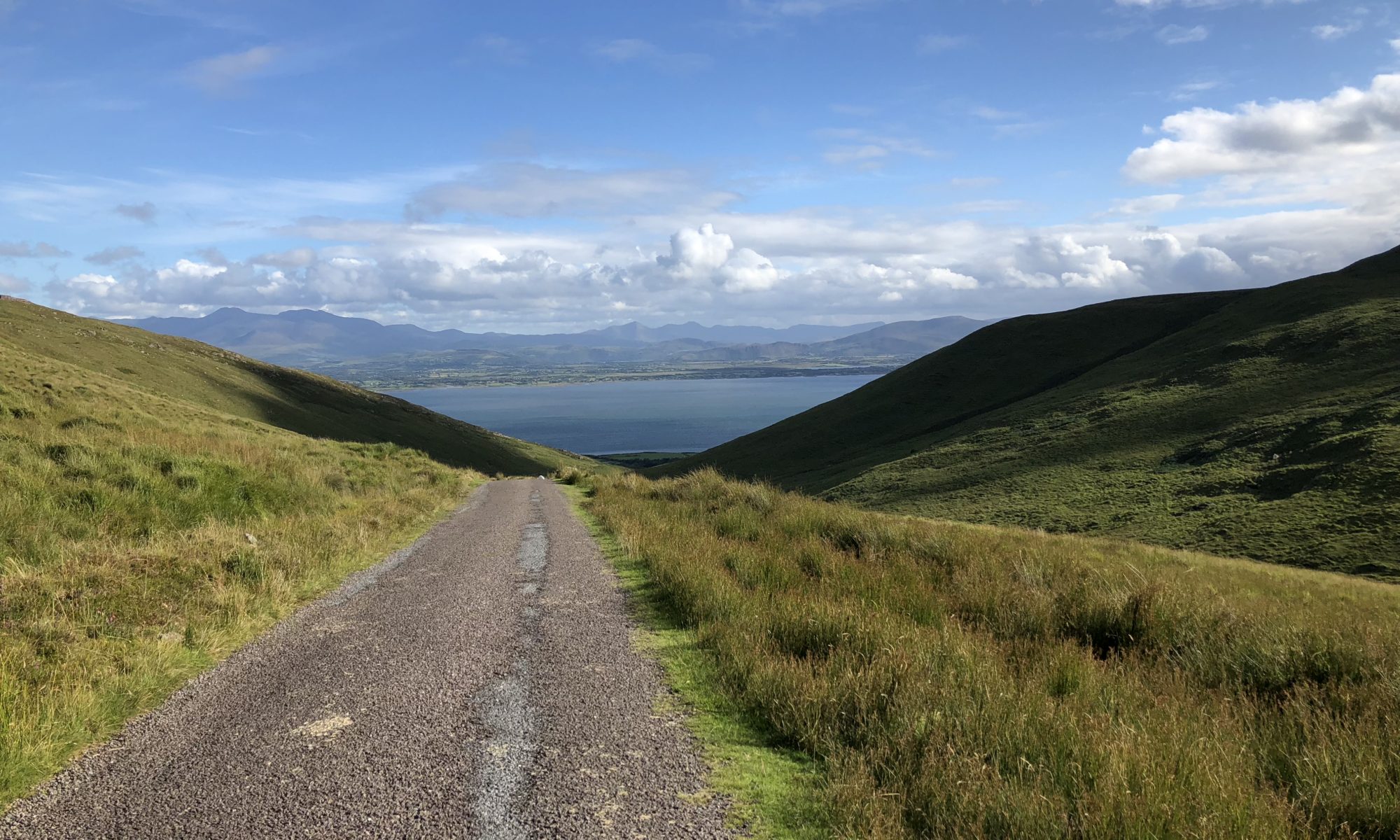They say that if you visit the Holy Land for a day, you can write a book. If you visit the Holy Land for a month, you can write an article. But if you visit for any longer, you can’t write anything. So complicated is the conflict and so profound the experience that trying to make sense of it as an outsider is almost impossible.
This week, this holy city will be in the news again. For years, US presidents have signed a waiver keeping the US embassy in Tel Aviv out of respect for the Palestinians and citing national security issues. Now we have a US president with his own thoughts on the matter, so today the embassy will officially move from Tel Aviv to Jerusalem, a city whose future is always a hot topic anytime you bring the Israelis and Palestinians together for peace talks.
The day of the move is intentional. Today is the seventieth anniversary of the recognition of the state of Israel. The Palestinians call it the great catastrophe. You would need to read volumes to understand it well. You would need to understand the British Mandate, the atrocities of World War II, the Arab-Israeli War from the late 1940s, and more. You would need to understand why the United Nations Partition Plan for Palestine never worked and why creating one state by forcing people from their homes to make room for people who were forced from their homes never works.
This week, there will be stories on the news about people protesting, throwing rocks, and burning flags. Then the commentator will mention in passing that several of those protesters were shot and killed. Watch the video. Listen carefully. One side will be labeled terrorists. One side will not. One side will pick up rocks because it’s all they have. The other side will load guns given to them by the US and shoot at the opposition.
It is not a fair fight.
There are reasons to be troubled, no matter your politics. We are running towards a peace process with our eyes closed. We are befriending some countries and alienating others. We are ignoring the past in hopes that we can change the future. But we do so at our own peril and at the peril of those who will grow up surrounded by barbed wire in Gaza and behind barricades in Bethlehem.
Pray for peace. Beg for peace. Spend these nine days between the Ascension and Pentecost not looking at the sky but watching the news, absorbing the story, learning what you can about the truth of the matter.
Then, when Pentecost comes, let us hope and pray that the Spirit of God washes over all of humanity, not just those with whom we agree.
Come, Holy Spirit, and renew the face of the Earth.
~pjd


